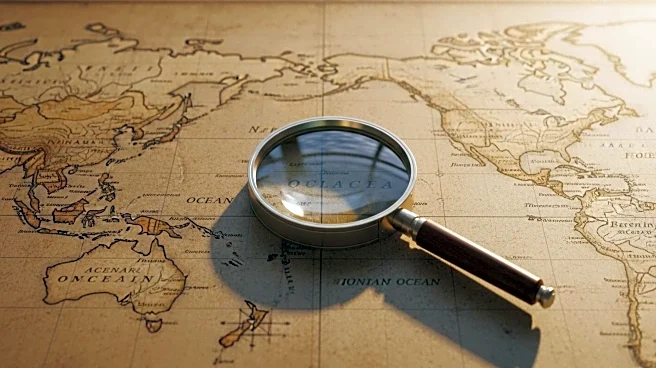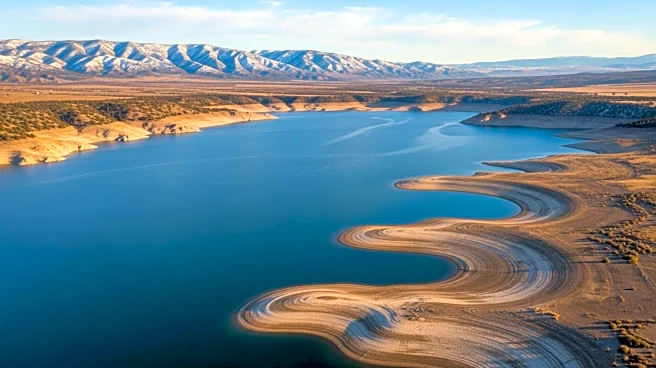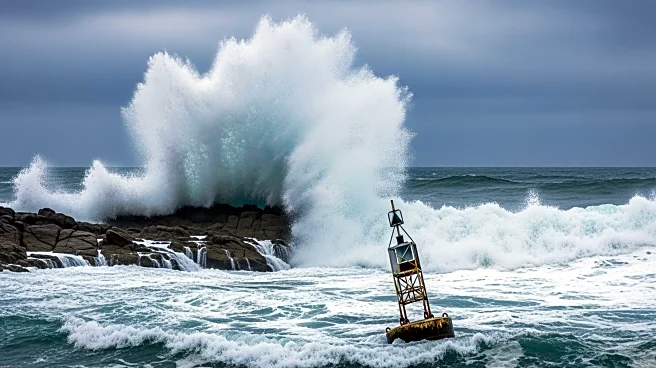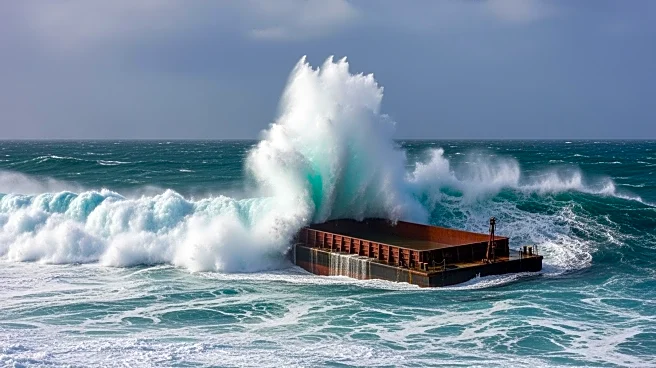What's Happening?
President Trump announced his decision to declassify government records related to the disappearance of Amelia Earhart, the renowned aviation pioneer who vanished in 1937 while attempting to become the first woman to fly around the world. Earhart's disappearance has been a subject of intrigue and speculation for decades, with theories ranging from a crash due to fuel exhaustion to capture by Japanese forces or survival as a castaway on Nikumaroro island. Despite some FBI files and Navy search reports being declassified over the years, many records remain inaccessible, fueling speculation of a cover-up. Trump's decision aims to shed light on the mystery and provide clarity on Earhart's fate.
Why It's Important?
The declassification of records related to Amelia Earhart's disappearance could potentially resolve one of the most enduring mysteries in aviation history. This move may provide closure to historians and enthusiasts who have long speculated about Earhart's fate. The release of these documents could also impact public perception of historical events and government transparency. For researchers and historians, access to these records might offer new insights into Earhart's final flight and the circumstances surrounding her disappearance, potentially altering existing narratives and theories.
What's Next?
Following the declassification, historians and researchers are likely to scrutinize the newly available documents to piece together a more comprehensive understanding of Earhart's disappearance. This could lead to renewed interest and investigations into the case, possibly involving advanced technologies like sonar imaging to locate her aircraft. The public and academic communities may engage in discussions and debates over the findings, influencing historical discourse and educational materials related to Earhart's legacy.
Beyond the Headlines
The declassification of Earhart's records may also prompt discussions on government transparency and the handling of historical mysteries. It raises questions about the balance between national security and public interest in historical events. Additionally, the renewed focus on Earhart's story could inspire cultural and media projects, such as documentaries or films, exploring her life and contributions to aviation.










